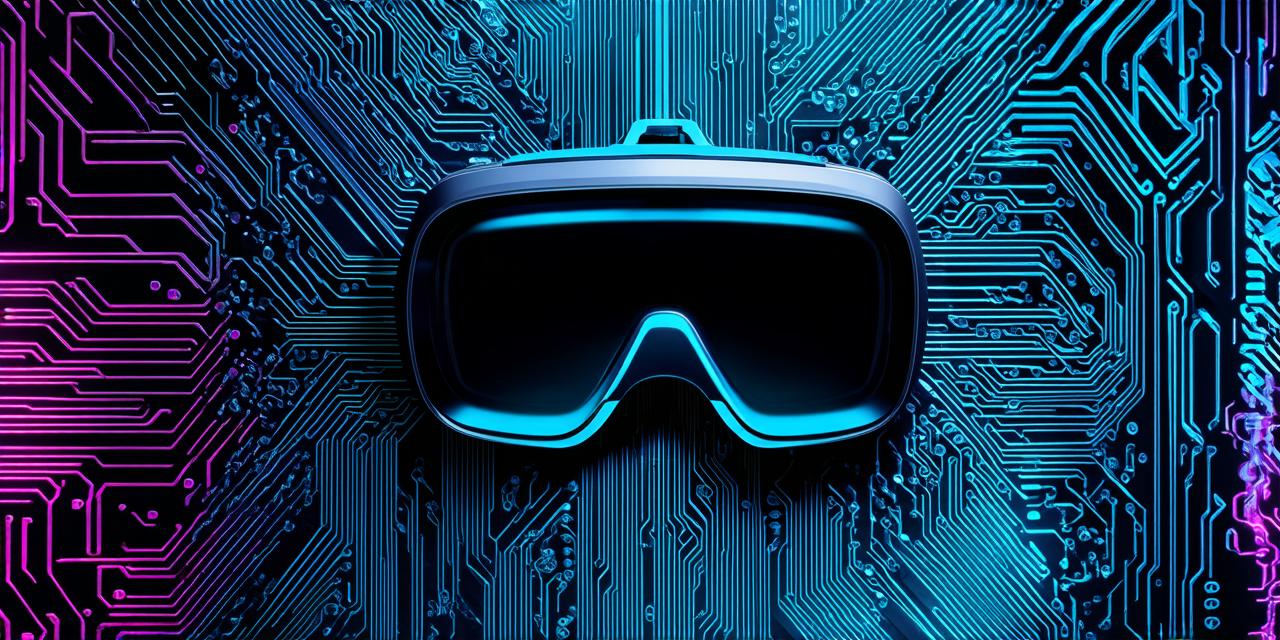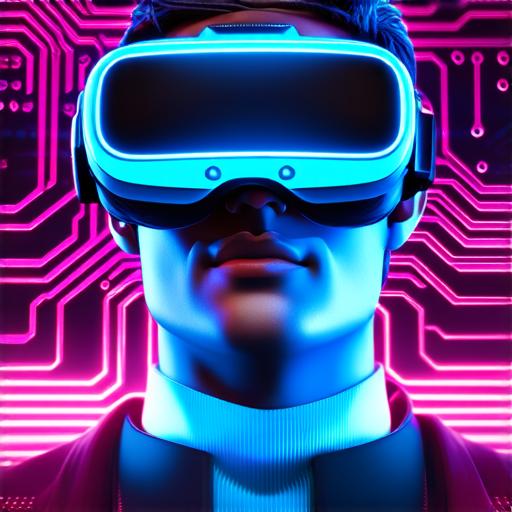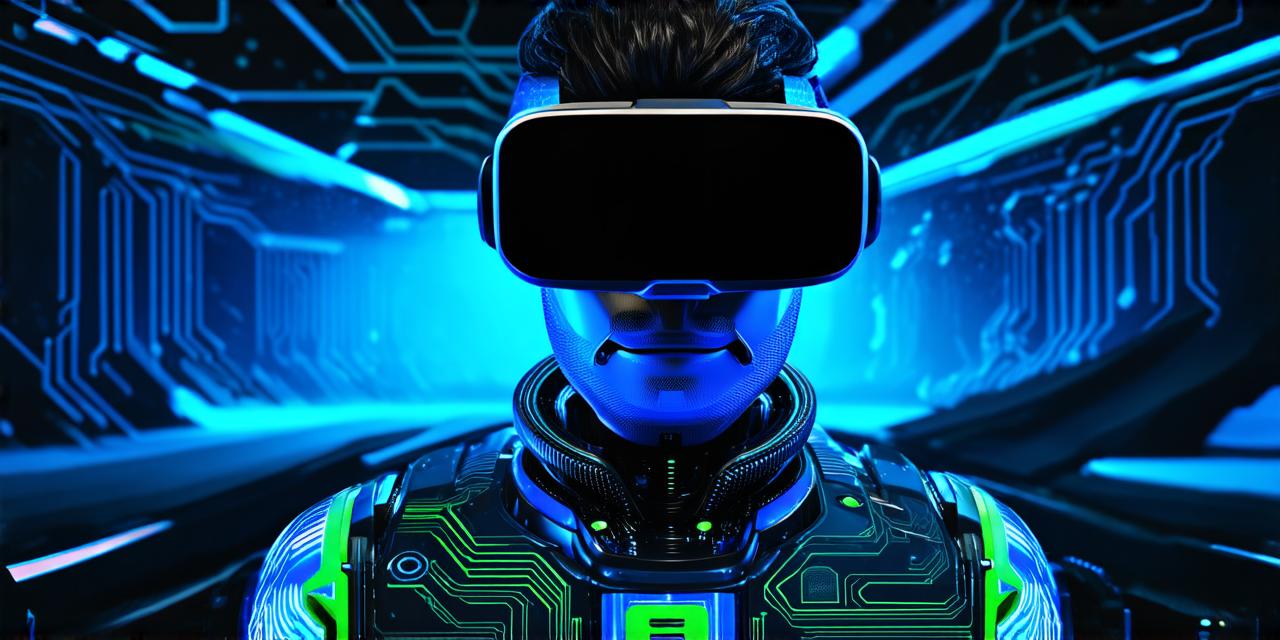
Are VR and AI the same?
Virtual Reality (VR) and Artificial Intelligence (AI) are two of the most exciting technologies in the world today. While they have been around for a few years, their impact on society is only just starting to be felt. Both VR and AI have their own unique characteristics, but it’s easy to see why people might confuse them with each other. In this article, we will explore the similarities and differences between these two technologies and answer the question: are VR and AI the same?

Table of Contents
ToggleSimilarities between VR and AI
1. Both involve technology
One of the most obvious similarities between VR and AI is that they both involve technology. VR involves creating immersive experiences using computers, while AI involves creating intelligent machines that can learn and adapt on their own.
2. Both have a lot of potential
Both VR and AI have the potential to revolutionize many industries, including gaming, healthcare, and education. For example, VR could be used in medical training to create realistic simulations of surgical procedures, while AI could be used in education to provide personalized learning experiences for students.
3. Both require advanced algorithms and programming skills
Creating both VR and AI requires a deep understanding of computer science and mathematics. It takes a lot of time and effort to create an intelligent machine or an immersive experience, so it’s no surprise that these technologies are often developed by experienced professionals.
Differences between VR and AI
1. VR is focused on creating immersive experiences
While both VR and AI involve technology, the main focus of VR is creating immersive experiences for users. This could be anything from a virtual world to a realistic simulation of a physical environment. In contrast, AI is focused on creating intelligent machines that can learn and adapt on their own.
2. AI involves machine learning and natural language processing
AI involves using algorithms to enable machines to learn from data and make decisions based on that data. This is done through techniques such as machine learning and natural language processing. VR, on the other hand, does not involve these techniques.
3. VR has been around longer than AI
Virtual Reality technology has been around for over 50 years, while Artificial Intelligence technology is much younger. This means that there is more research and development in the field of AI, and it’s likely that we will see even more advancements in the coming years.
Conclusion
In conclusion, VR and AI are not the same, but they do share some similarities. Both involve technology and have the potential to revolutionize many industries. However, VR is focused on creating immersive experiences, while AI involves creating intelligent machines that can learn and adapt on their own. As these technologies continue to evolve, we will likely see even more exciting advancements in the future.

